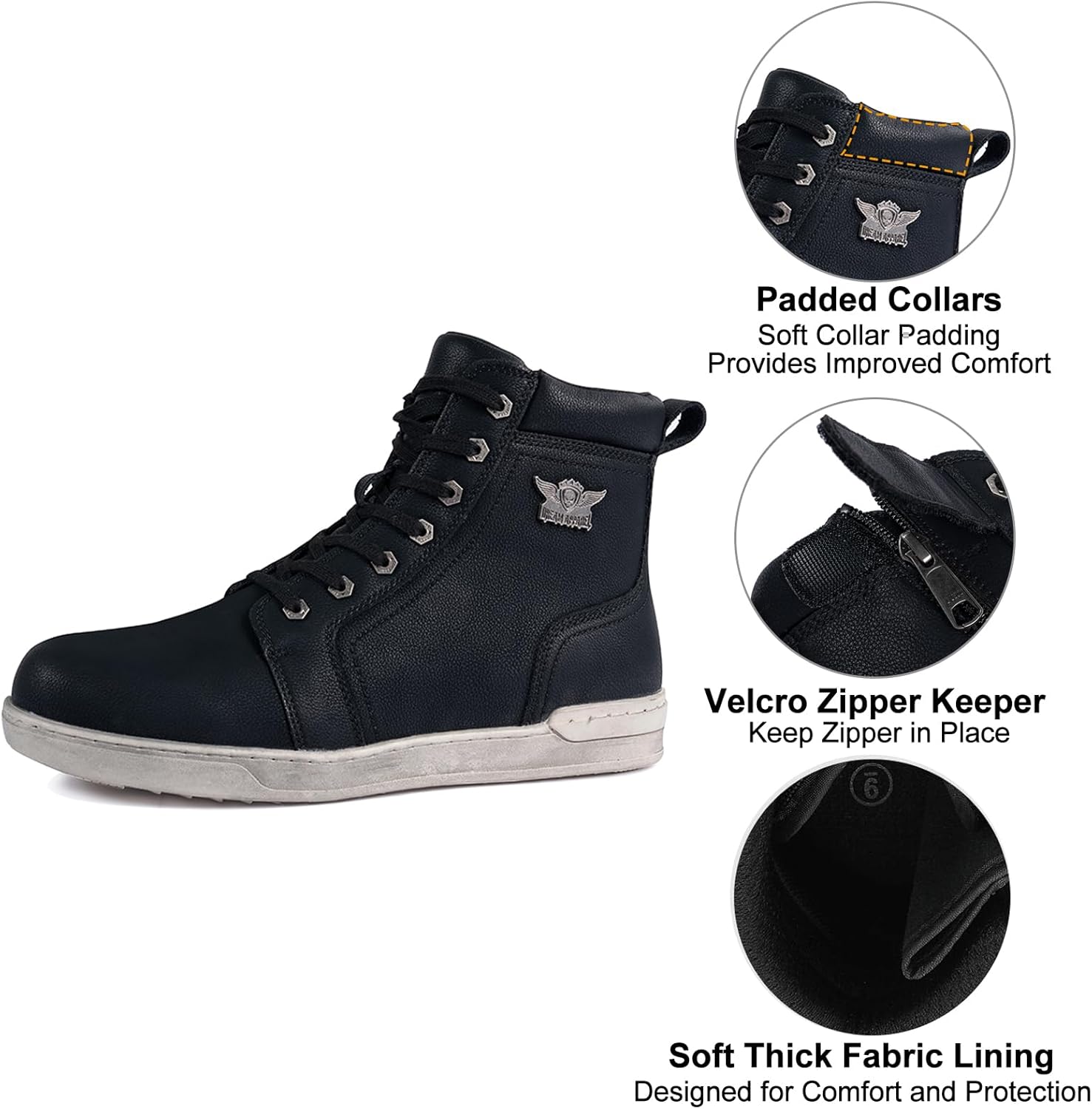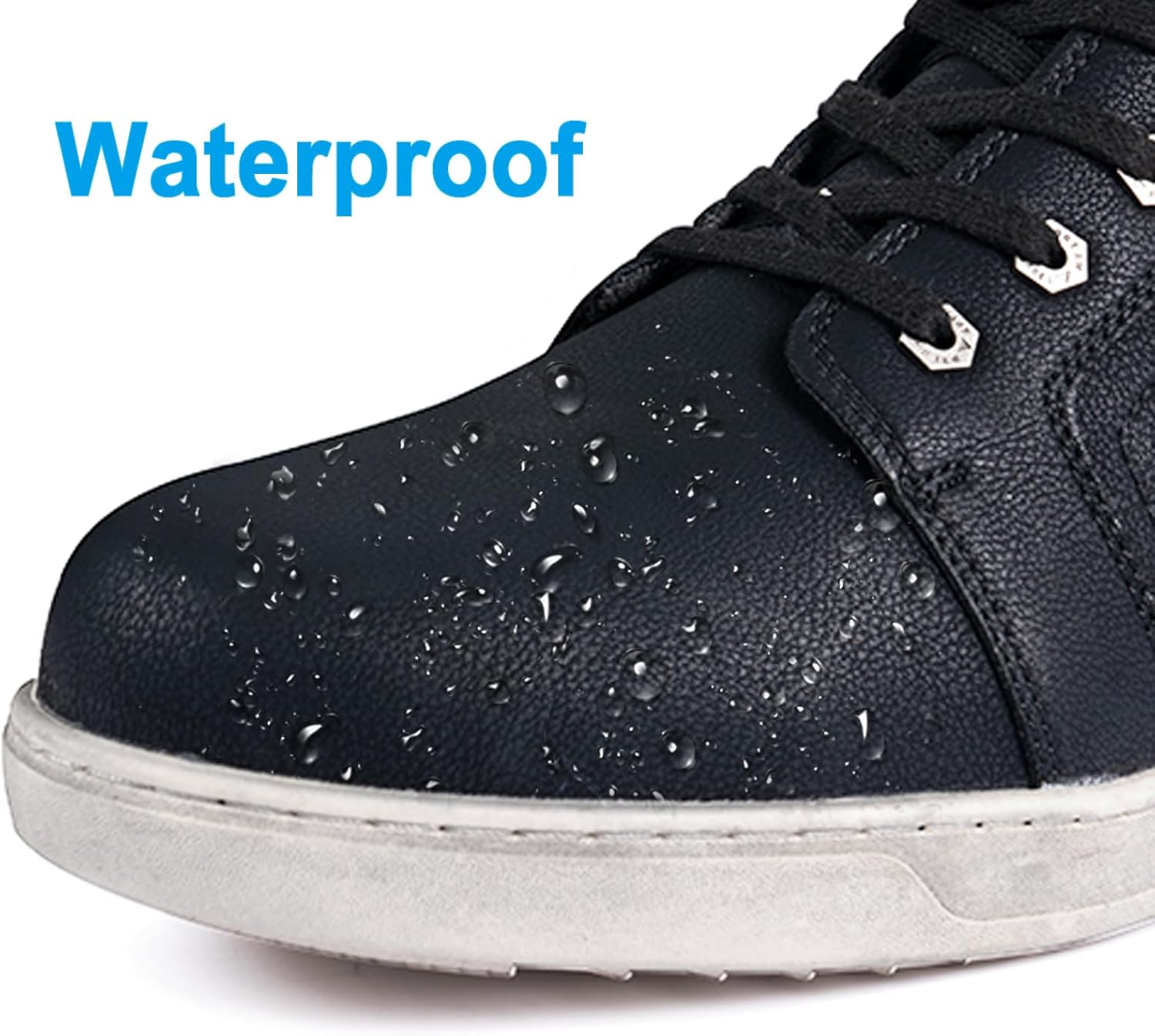






Ultimate Guide to Men’s Sneakers: Style, Comfort, and Performance
Sneakers have transcended their humble origins as workout shoes, becoming essential fashion statements in modern menswear. With countless styles, materials, and technologies, navigating the sneaker market can feel overwhelming. This guide will help you understand everything about men’s sneakers, from design elements to maintenance tips.
What Are Men’s Sneakers?
Men’s sneakers are athletic footwear designed for comfort and versatility. They’re commonly used for various activities, including running, casual outings, and even formal settings when styled appropriately. The right pair of sneakers can elevate any outfit, making them a staple in every man’s wardrobe.
History of Sneakers
How Did Sneakers Evolve Over Time?
Sneakers date back to the late 1800s when they were primarily made from rubber and canvas. Originally aimed at athletes, they began to gain popularity in the 20th century as casual wear. The rise of brands like Nike, Adidas, and Converse revolutionized the market, introducing innovative designs and technologies catering to performance and style.
The Sneaker Boom
In recent years, the sneaker culture has exploded, especially with the growth of social media and sneaker influencers. Limited-edition releases and collaborations have turned some sneakers into collectors’ items, commanding high prices in the resale market.
Types of Men’s Sneakers
1. Athletic Sneakers
For Exercise Enthusiasts: These shoes are geared towards specific sports, offering features that aid performance. Running shoes, basketball sneakers, and cross-trainers all fall under this category.
2. Lifestyle Sneakers
Everyday Wear: Lifestyle sneakers are designed for casual wear, featuring stylish designs that can complement various outfits. They’re perfect for the social buzz, from coffee runs to relaxed outings.
3. High-Top vs. Low-Top
What’s the Difference? High-tops provide more ankle support and can offer a retro aesthetic, while low-tops tend to be more breathable and versatile.
4. Slip-Ons
Easy On, Easy Off: Slip-on sneakers have gained popularity for their convenience and minimalistic design, making them perfect for everyday wear.
Key Features to Consider in Men’s Sneakers
1. Comfort and Fit
Why Does Fit Matter? A proper fit is crucial for comfort. Sneakers should snugly hug your feet without being overly tight, reducing the risk of blisters or discomfort during wear.
2. Material
What Are Sneakers Made Of? The choice of material greatly affects quality and comfort. Leather, suede, mesh, and synthetic materials create varying degrees of breathability and durability.
3. Sole Technology
How Does Sole Affect Performance? The sole is arguably the most critical component. Cushioned, flexible soles improve comfort and performance, particularly for athletes. Look for technology advancements like shock absorption and energy return.
Popular Brands in the Men’s Sneaker Market
1. Nike
Why Choose Nike? Known for its innovation and style, Nike has a vast range of sneakers designed for various activities and tastes.
2. Adidas
What Makes Adidas Unique? With its commitment to sustainability and new technologies like Boost foam, Adidas appeals to both style and environmental consciousness.
3. New Balance
Why Are They Gaining Popularity? New Balance blends comfort with style, catering to those who appreciate a classic aesthetic and excellent performance.
4. Reebok
Classic Street Style: Reinventing itself with collaborations and classic silhouettes, Reebok stands out for its unique design elements.
The Benefits of Investing in Quality Sneakers
1. Enhanced Performance
Quality sneakers are engineered for specific activities, offering better support and reducing fatigue.
2. Longevity
Investing in quality means you’ll likely experience less wear and tear, saving money in the long run.
3. Style Versatility
A high-quality sneaker will seamlessly blend into various outfits, giving you more styling options.
How to Choose the Right Sneakers for Yourself
1. Identify Your Needs
What Activities Will You Use Them For? Define your purpose—are you looking for running shoes or casual sneakers?
2. Find Your Size and Fit
Why Does Size Matter? Many brands have slightly different sizing, so ensure you try on before purchasing or check size guides.
3. Consider Your Style
What Matches Your Wardrobe? Sneakers come in a plethora of colors and designs. Consider what fits your style and enhances your existing wardrobe.
Caring for Your Sneakers
1. Regular Cleaning
How Do You Clean Them? Regularly clean sneakers with water and mild soap, using a soft brush for stubborn stains. For canvas or fabric, a damp cloth usually does the trick.
2. Proper Storage
Where Should You Store Them? Store sneakers in a cool, dry place away from direct sunlight. Shoe boxes or storage bins are excellent for maintaining shape and avoiding dust buildup.
Pros and Cons of Men’s Sneakers
Pros
- Versatility: Suitable for various occasions, whether casual or sporty.
- Comfort: Designed to support movement and reduce fatigue.
- Innovation: Constant technological advancements in cushioning and support.
Cons
- Price Variation: High-quality sneakers can be expensive.
- Maintenance: Some materials may require special care to stay looking new.
- Fashion Trends: Styles can go in and out of fashion quickly.
Conclusion
Men’s sneakers have evolved from simple athletic shoes into essential fashion statements. With so many options available, understanding the types, features, and care options can help you make informed choices. From selecting the right fit to understanding the pros and cons, taking time to choose wisely pays off in both comfort and style.
FAQs
1. How do I know if my sneakers fit properly?
You should have enough room to wiggle your toes but not so much that your heel slips out. Ideally, there should be about a thumb’s width of space between your longest toe and the end of the shoe.
2. How often should I replace my sneakers?
Typically, if you use your sneakers regularly for running or sports, you should consider replacing them approximately every 300-500 miles, depending on wear and your weight.
3. What’s the best way to break in new sneakers?
Start by wearing them for short periods to allow them to mold to your feet. Gradually increase wear time as you get used to them.
4. Do more expensive sneakers provide better performance?
While not always the case, generally, higher-priced sneakers come with better technology, materials, and construction, leading to increased comfort and performance.
5. Can I wear running shoes for casual outings?
Absolutely! Many running shoes feature stylish designs that look great for casual wear. Just pair them with the right outfit to maintain a balanced look.
With this comprehensive guide, you now possess essential knowledge about men’s sneakers, enabling you to make informed purchases while staying stylish. The world of sneakers awaits—step into it with confidence!
Disclosure: As an Amazon Associate, I earn from qualifying purchases.

Hi, I’m rideonscoot, the author behind RideOnScoot.com. Welcome to the world of electric scooters, where your adventure begins! At RideOnScoot.com, we offer a handpicked selection of top-notch electric scooters that will transform your daily commute and leisure rides. With cutting-edge technology, impressive range, and sleek designs, our scooters not only offer convenience but also contribute to a sustainable future. Whether you’re a city commuter or an urban explorer, I have the perfect ride waiting for you. Join the electric scooter revolution today and experience the power of eco-friendly transportation firsthand.

